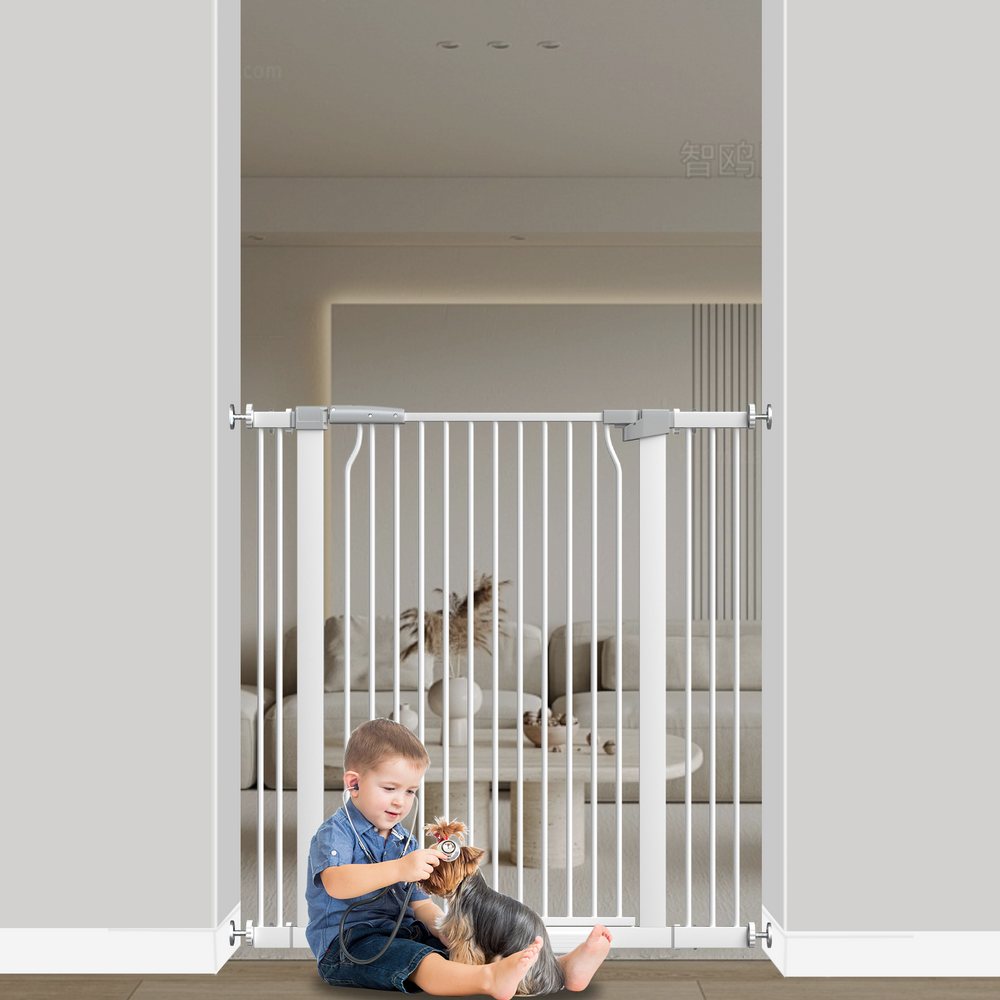5 Signs of a Stressed Cat and Effective Strategies for Relief
Is Your Cat Stressed? It might surprise some, but cats can indeed experience stress, and it's not limited to the occasional anxiety of a vet visit. Stress in cats can be persistent and affect their well-being significantly. But there's good news: You can help your feline friend manage and reduce their stress levels.
Expert Insights on Cat Stress
To delve deep into the realm of feline stress, we sought the expertise of a cat behavior specialist. They provided valuable insights into strategies for creating a more calming environment.
Hiding
One of the most telling signs of stress or trouble in cats is their tendency to hide or shun human interaction. This behavior is a cat's instinctual response when they feel stressed, threatened, or unwell.
An acclaimed certified animal behaviorist from the National Association of Animal Behaviorists, notes that cats often seek out hiding spots that provide a sense of security during times of stress or illness. Recognizing these preferred hiding places can be crucial in understanding and addressing your cat's stress levels.

What to do:
After ensuring no underlying physical issues are causing the stress, setting up a cat-friendly room. This space should include a hiding spot, allowing your cat to feel secure. As the stressor diminishes or the cat recovers from illness, this safe haven can be a comforting retreat.
To further reduce stress, start playful interactions in the safe room. Encourage your cat to emerge and engage by initiating play sessions. Using treats can create positive associations with your presence, coaxing your cat out of its shell and helping it associate you with comfort and safety.
Going Outside the Litter Box
When your cat starts to relieve themselves in all the wrong places, not using their litter box. It might be their way of signaling that it's time for a clean-up. Additionally, an unwell cat might choose conspicuous spots to do their business, like your bed or couch, to grab your attention.
Many cat owners mistake these actions for mere misbehavior, overlooking the potential stress or discomfort their pet is experiencing. To understand the change in your cat's habits, it's crucial to observe and interpret their behavior closely.
What to do:
Make sure to regularly clean your cat's litter box, adhering to the guideline of one box for each cat. Ensuring the box is the right size, especially for larger cats. It is essential in alleviating any bathroom-related stress.
If the litter box is clean and issues persist, it's time to consider a vet visit to rule out any health problems. Should the behavior continue even after medical issues are dismissed, seeking advice from a cat behaviorist might be your next step.
Appetite Change
Significant stress might cause a cat to either abandon their food or overeat. You might see your cat ignoring meals they usually enjoy or, conversely, demanding more food by meowing more than usual. These changes in eating behavior can be a sign of either stress or a potential health problem in your cat.

What to do:
Switching your cat's diet abruptly might be causing them stress. To maintain your cat's comfort and health, introduce new foods gradually. If they reject the new diet, consider other options.
A cat's refusal to eat can lead to rapid health deterioration, especially if the cat is very young or old. Inform your vet immediately if your cat stops eating. Additionally, if your cat is overeating, boredom might be the culprit. Encourage them to engage in physical activities by using a treat ball or interactive toys to stimulate both their mind and body.
Aggressive Behavior
If your cat suddenly becomes very aggressive, it's a significant warning sign. This aggression, coupled with changes in appetite and using places other than the litter box, is your cat's method of signaling distress or discomfort.
Once a veterinarian confirms there are no health issues, the next step is to reflect on any recent alterations in your home environment. It might be the source of your cat's stress.

What to do:
Showering your cat with extra love and attention during times of change in your household. It provides them with much-needed comfort. When introducing a new pet or family member, using products like diffusers and adding stress-relieving supplements to your cat's water to ease their anxiety.
Cats might act aggressively if they perceive a threat to their environment. Whether the threat is real, imagined, or has already passed doesn't matter; what's important is how your cat perceives it. The key is to help your cat de-stress and adapt to a new sense of normalcy.
Increased Vocalization
That loud yowling from your cat can be a sign of discomfort, especially as they get older. Increased vocalization often accompanies aging in cats, which can be linked to physical discomfort or cognitive changes impacting their mood and overall well-being.
What to do:
After ensuring your cat doesn't have any health issues, pay close attention to when they yowl or communicate. Vocalizing in the early hours or late at night might be due to cognitive shifts. You can help soothe them with natural calming aids. Also, creating a quiet and comfortable space with accessible furniture and cat posts can make a big difference for your aging pet.
Incorporating regular playtime and fulfilling their dietary needs are also key steps to maintain your senior cat's well-being.






Leave a comment